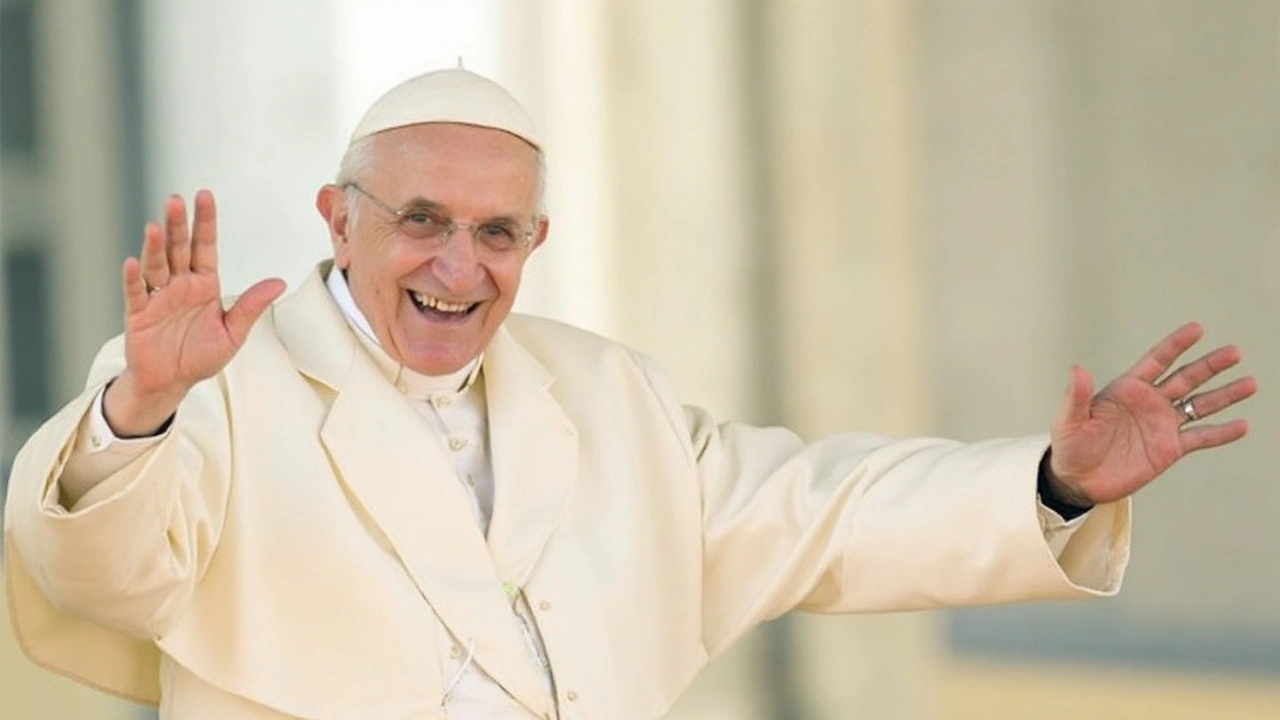Theological Legacy: How Beliefs Shape Communities
What do we mean by "theological legacy"? Simply put, it's the lasting impact of beliefs, leaders, texts and practices on a community. That legacy shows up in worship, law, music, schools and everyday habits. On a practical level, it explains why some ideas survive for centuries while others disappear after a generation.
In Africa, theological legacy mixes big influences: Christianity, Islam, and many local faiths. Those streams meet and reshape each other. You’ll see it in church architecture, in healing rituals led by traditional healers, and in public debates when faith leaders speak on politics or social issues. Knowing this helps reporters, researchers and curious readers understand why a single event can trigger strong religious reactions.
Where theological legacy shows up
Look for it in institutions and stories. Schools and seminaries pass on formal doctrine. Family rituals teach beliefs without textbooks. Songs and proverbs carry theology in plain language. Even court cases and law can reflect religious values that began as theology. When a community preserves a sermon, a hymn, or a scroll, it’s keeping a piece of its theological memory alive.
Legacy isn’t always tidy. Sometimes traditions clash — generations argue over interpretation, or a local practice meets modern law. These tensions tell you where the legacy is evolving. Watch controversy and you’ll often find shifts in belief happening right under people’s noses.
How to research and preserve theological legacy
If you’re a journalist, historian, or curious reader, start local. Interview elders and faith leaders. Record songs, sermons and stories. Check church and mosque registers, mission archives, and local libraries. Don’t ignore oral history — many African communities pass theology by story and memory rather than print.
Use simple verification: cross-check dates, ask for multiple accounts, and look for physical evidence like letters, photographs or recorded services. For online work, save web pages and backup audio files. For sensitive topics, get consent and be careful with private rituals or sacred places.
Preserving theological legacy matters beyond religion. It matters for identity, social stability and culture. When a community loses its stories and teachings, it can lose context for its own choices. But when people actively preserve and question their legacy, they keep faith alive in a way that fits today’s world.
Want a quick checklist? Listen to elders, collect records, document rituals, protect digital copies, and share findings with the community. Do that and you’ll be helping a living conversation — not a museum piece — carry forward into the next generation.
- April 21, 2025
- Comments 15
- Culture

